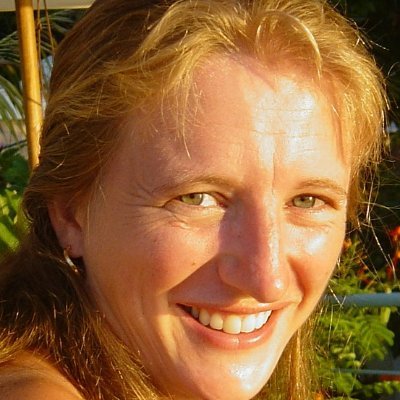The ASE Schools’ Exhibition has become one of the most popular elements of the ASE Annual Conference every January. Schools from all sectors of education are invited to present a science project happening in their classrooms or science/STEM clubs. One teacher from each school is invited to provide a display, which can include artefacts and/or posters illustrating their school project, and is invited to talk about their project. Up to 2 pupils can accompany their teacher to help demonstrate their activities and talk about their school project.
Come along to the Schools' Exhibition to chat with the project leaders and educators, and find out more what has been going on in other schools and STEM clubs. Our exhibitors for 2025 include:
(Primary) Kids who code - creating change makers: Allen Tsui from Willow Brook Primary School Academy presents the details of this project, links to which can be found at
https://drive.google.com/file/d/1w0CxqlKjbAlpTdCknsmuIHvPR2uBQyeF/view?usp=sharing(Primary and Secondary) Intelino #Engineuity Challenge: Allen Tsui from Willow Brook Primary School Academy shares the details of The British Science Association CREST Award Discovery Certificate accredited free workshop offer.
(Primary) The Most Important Animal of All - What happened next? Vicky Walsh from Monk Fryston C of E Primary School STARMAT presents her information about Science on Stage 2024 - what happened next? "How we used the festival to inspire teaching and learning in the primary classroom".
(Primary) Using Augmented Reality to teach science and climate change at Primary: Katy Bloom from York St John University, showcases her pop-up exhibition using 3D Platonic shapes with symbols that trigger AR activities and videos about climate change
(Secondary) DIY Bluetooth Sensors for the Science Classroom: Richard Gill from Pates Grammar School showcases his work with students to design and make DIY sensors for use in the science classroom (Arduino/3d printing/experiment design)
(Secondary) 3D Printing in SEN: Karen Kershaw from Hallmoor School, part of the Forward Education Trust, showcases their 3D printer and the benefits for their pupils
(Secondary) Building bridges to STEM: Dr Karen Oates from The Kimberley School showcases strategies for launching and sustaining a STEM club that fosters student engagement through hands-on projects and activities
CANCELLED BY Presenter 6thJan25 (Primary and Secondary) Physics and Astronomy in a SEND setting: Emma Chapman from Nottingham University's Physics and Astronomy Department, showcases the wonder of the Universe and how it should be accessible for all! 3D galaxies, mobile telescopes, sensory stores and more.....

